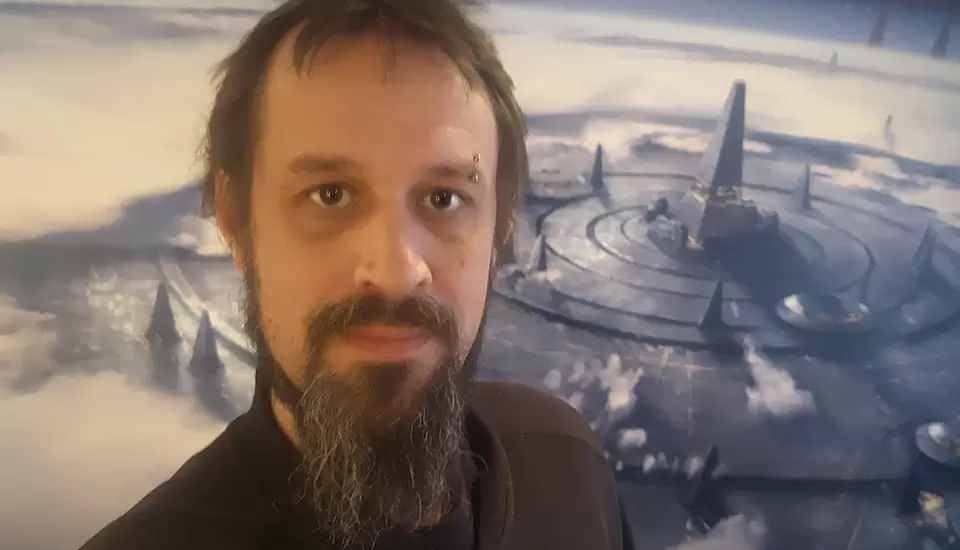It took almost a year, but finally their employer also realised the benefits of a collective agreement, says Gustav Palmqvist, programmer and chairman of the local Unionen club.
- We faced some resistance, but we pushed pretty hard. There was a bit of nagging on our part. We really wanted a collective agreement. Not because we didn’t have the benefits that come with one, but because we didn’t want to lose them. The collective agreement gives us the security of knowing the company can’t just take it all back.
The Swedish model is something that we’ve brought with us from home, which is perhaps a bit odd in our industry.
The computer games industry has many young employees or employees from other countries without knowledge of trade unions. But among the 660 or so employees at Paradox, many come from environments where unions are a matter of course, says Gustav Palmqvist. This made forming a club easy.
- We almost take unions for granted. The Swedish model is a tradition and something that we’ve brought with us from home, which is perhaps a bit odd in our industry.
The growth in membership was a key factor in their employer signing a collective agreement with Unionen. It is also his top tip for clubs in other workplaces.
- We had extensive recruitment campaigns. Afterwards, we were able to point out that we are indeed a representative group of members and that we all want a collective agreement.
There’s greater transparency when we get to know why decisions are made and are able to provide feedback.
What’s the biggest difference now that you have the agreement?
- We have a common foundation. The playing field is established, and that makes things much easier in terms of the information piece that the Swedish Employment (Co-determination in the Workplace) Act provides for. There’s greater transparency when we get to know why decisions are made and are able to provide feedback. The collective agreement generates greater trust between us employees and the company.






